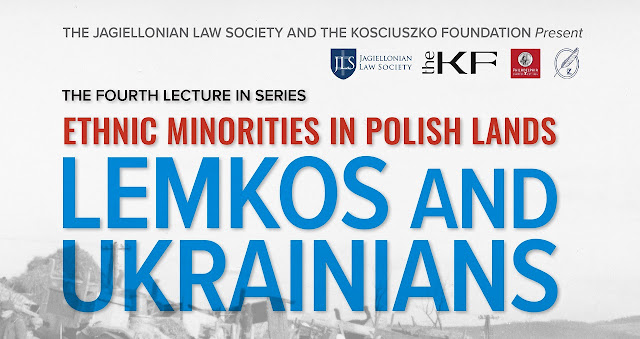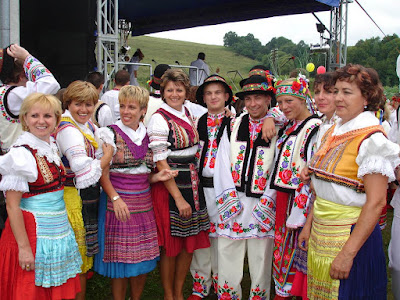Vladimir Putin is known for multi-tasking foreign policy; that is, he manages bilateral relationships with specifically fitted policy solutions and doesn't lose sleep over inconsistency across the board. At the same time, his variable approaches add up to a coherent strategy, which is essentially the restoration of Russia to its superpower legacy, if not the reconstruction of a loose union akin to the old USSR.
Last week I got a close-up look at what might be a model of Russian territorial expansion in the 21st century, the semi-autonomous state of Transnistria. To the United Nations, Transnistria is part of Moldova, the eastern European nation that declared its independence from the Soviet Union in 1991. But going to Transnistria requires a passport, and the border crossing is no joke.
Transnistria occupies a 1,600-square mile strip of land east of the Dniester River from Moldova and along the border with Ukraine, not far from Odessa. In 1992, only months after the end of the Moldovan Soviet Socialist Republic, Transnistria fought a war with Moldova for close to four months. Prominent monuments to the fallen can be found on both sides of the border today, in Chișinău and Tiraspol. An uneasy truce resulted in which Transnistria regards itself as an independent nation, and it operates with near autonomy within Moldova's internationally recognized borders.
 |
| Sign at Border Crossing (CC BY-SA 4.0) |
On the way in and out of Transnistria, one passes Russian military checkpoints that duplicate the Transnistrian military presence at the border crossings. For years after the 1992 war, this was a hard border, not easy even for Moldovans to cross, and out of the question for foreigners. Tensions eased over the years, and the border yielded some, but it's still restrictive. My visa, issued at the border, allowed a visit for only a matter of hours. I could have managed an overnight, but I would have needed to provide details about my stay and intentions.
Near autonomy does not fully describe Transnistria's
situation, because the breakaway state depends on Russia for unofficial
political recognition and essential economic support. Economic aid keeps prices shockingly low in the markets. A big part of border security is interdiction of smuggling, especially for precious taxable commodities such as liquor.
 |
Sheriff FC Billboard
(CC BY-SA 4.0, no claim to underlying work) |
Within Transnistria, Russian-style oligarchic control of key market sectors is evident, even amid modest economic liberalization. The company "Sheriff" (Шериф) is ubiquitous, its name splashed across supermarkets, petrol stations, and the well funded Tiraspol soccer club and athletic facilities. Sheriff has close ties to the Transnistrian and Russian governments. Antitrust law is not a thing. Transnistria has its own currency, and even Moldovan lei must be changed to make a purchase. Market control and currency help to buttress Transnistrian independence, even while the cost of small-run currency is now seeing low-value coins replaced by plastic chits.
 |
| A Sheriff Supermarket (CC BY-SA 4.0) |
Reinforced politically and economically, Transnistria's social allegiance to Russia remains strong, a near nostalgia for the USSR. Soviet monuments, including the obligatory Lenins, abound, and Russian language is pervasive. A guide told me that Transnistrians are given Russian passports. That's a subtly important strategic maneuver on Russia's part. When Transnistrian youth look for economic opportunity, the passport puts Russian higher education and jobs within easier reach than the West. And if Transnistrian independence is ever threatened (or if Russia itches for expansion?), Russia can claim its interest on behalf of Russian citizens in the territory. From cultural affinity to political identity, these are the very interests that Russia asserted in the invasion of Crimea.
And those ties to Russia help, I think, to illustrate Putin's strategy for a new kind of Russian union. The Crimean peninsula essentially
is Russia, Putin has argued, a minority Russian population being marginalized by a Ukrainian majority. Russia is still fighting to extend this Crimean buffer zone into mainland Ukraine. Move just a bit counterclockwise around the Black Sea coast and one comes to the prized port of Odessa, then shortly to the Dniester River mouth, leading to Transnistria.
 |
| Me and Lenin in Tiraspol (CC BY-SA 4.0) |
Russia does not actually have to possess this territory to control it. In fact, possession might incur unwanted responsibility. Better that this Black Sea perimeter region looks to Russia for economic and political legitimacy and for cultural primacy. The new USSR is not an integrated, hard-bordered political bloc, but a gravitational sphere of cultural influence. After all, that was the very model of Western social organization that defeated the Soviet Union in the Cold War. Students and scholars from around the world looked to western Europe and the United States for intellectual leadership, and the West dominated popular culture. The global balance of power will shift eastward if Moscow becomes a capital of letters.
For now, the hearts and minds of Transnistria are not yet committed. Notwithstanding ubiquitous Cyrillic script and an unexpected Russian military presence this far west of Sochi, people in Transnistria, like in Moldova or anywhere else, just want security and opportunity. The subsidized subsistence of Transnistria is a Potemkin Village—a curiously appropriate term, as related in origin to Russia's historic annexation of Crimea—not a thriving economy.
However, reinvigorated American isolationism and stalled European expansion eastward can't presently compete with what Putin has on offer. Transnistria now looks like an idiosyncratic outlier among European neighbors. One day Transnistria might prove to have been a bellwether.
To visit Transnistria or explore elsewhere in Moldova, I recommend
Voyages Moldavie. The website is in French, but contact guide Andrian Gurdis for English-speaking tourism, too. For long-haul taxi services in Moldova, turn to
Corneliu Scurtu and his business,
Carpoint (
Facebook). Read more about Transnistria at
Wired (2016),
The Bohemian Blog (2013), and
The Wall Street Journal (2011). There's a deeper dive, which I've not read (pay wall), into the Crimea comparison in Adrian Rogstad,
The Next Crimea?,
65:1 Problems of Post-Communism 49-64 (2018).











